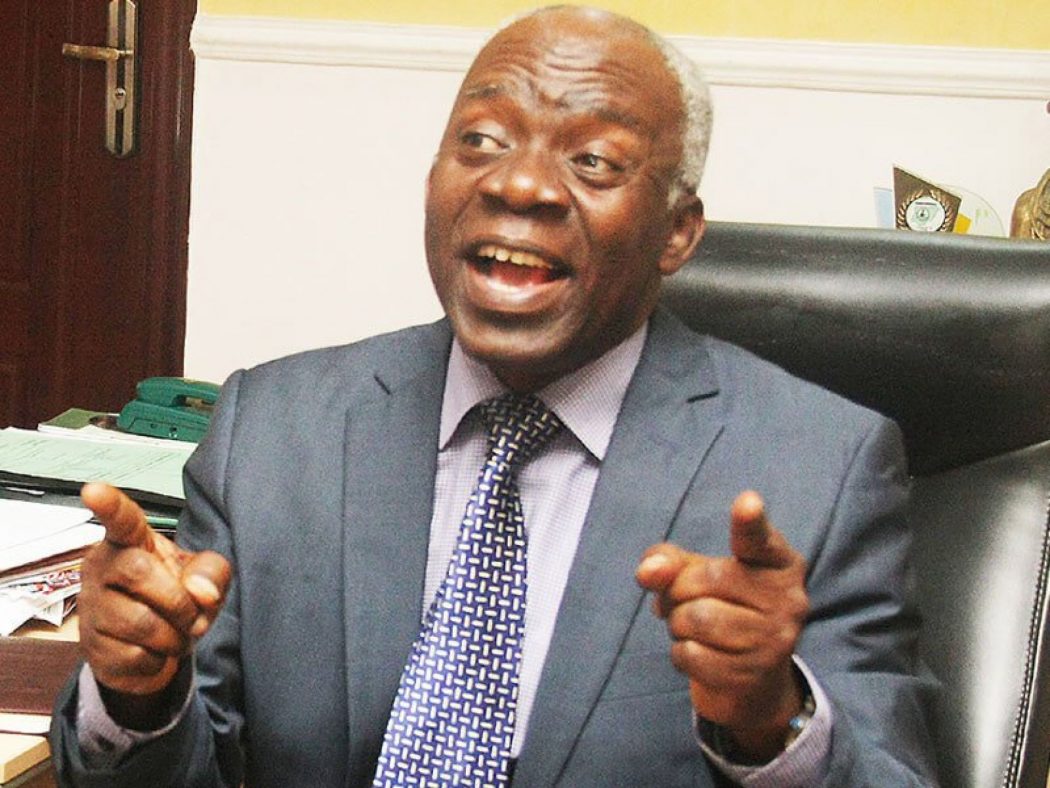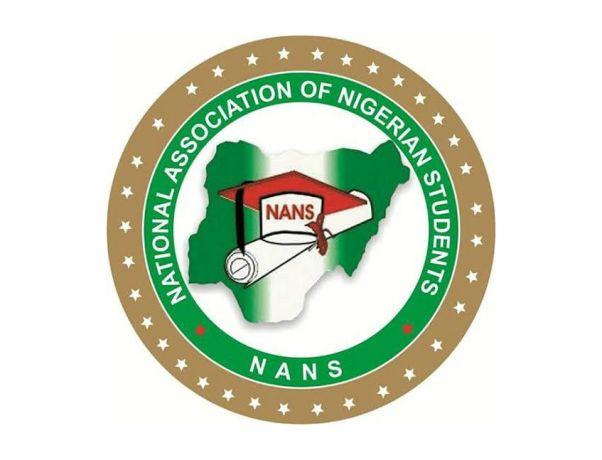By Eric Elezuo
Following the disappearance of naira notes from the Nigerian business circle, human rights lawyer and Senior Advocate of Nigeria, Mr Femi Falana, as well as a professor of Economics, University of Uyo, Edet Akpakpan, have asked Nigerians to reject the request by the President to be given seven days to resolve the new naira scarcity, warning that the patience of Nigerians will not last the proposed seven days, and eruption of crisis may take centre stage.
Speaking with Saturday PUNCH, Falana said it was obvious that the CBN did not print sufficient quantities of the new naira notes, and wondered what magic Buhari planned to perform within seven days.
The lawyer demanded that the CBN should scrap the deadline for the phasing out of the old naira notes, while the old notes it mopped up from circulation should be returned to Nigerians.
He said, “Nigerians can’t wait for seven days. People are fighting in the banks; somebody died in Agbor in Delta; soldiers are attacking students; a woman stripped herself naked because the ordinary people cannot get money. And El-Rufai said somebody collected N500m. No bank has been given N500m new notes! No bank, you can quote me! So, he should name the person, who has not only sabotaged the policy of the government, but has also engaged in money laundering.
“The government wants to dodge responsibilities. The government of the day must take responsibility. Who does Buhari want to consult in seven days? They do not have sufficient new notes. For that reason, they cannot maintain the deadline. So, Nigerians must be allowed to spend the old money, which they have collected from them. The CBN must return the old notes to Nigerians!”
According to Falana, the policy will not stop monetisation of elections as the rich will always have access to naira, while the masses suffer.
He said, “It is a bundle of confusion and it simply confirmed that this was not well thought out. They were just all about preventing monetisation of elections; they didn’t consider the impact on the masses.
“Some of the presidential candidates have banks and bank managers will take the money to their houses. So, it doesn’t stop monetisation of elections. They are just punishing the ordinary people. Have you seen any big man in bank queues for money? The rich can always have money in their homes.”
A professor of Economics, University of Uyo, Edet Akpakpan, urged the Federal Government to resolve the situation to avert imminent crisis.
He also enjoined banks to desist from favouring influential people against the poor through the issuance of higher denominations.
Akpakpan stated, “The idea is good but the implementation is poor as they are not ready. The situation has to be arrested or else it will be terrible, especially as we move closer to the general elections. There is a need for the CBN to make resources available.
“And again the banks should be warned not to be biased with the way the funds are issued. Let them not favour some big men over the common man. We need to stop such things. I support this policy, but the implementation has to be re-organised.”
It would be recalled that Buhari, while receiving the governors voted on the platform of the All Progressives Congress (APC), who paid him a working visit at the Aso Rock Villa, had canvass for a solution to alleviate the hardship Nigerians are going through, said he would need seven days to come out with a decision, blaming banks of compromising the process.
“Some banks are inefficient and only concerned about themselves…even if a year is added, the problems associated with selfishness and greed won’t go away,” Buhari told the Progressive Governors’ Forum members.
The Senior Special Assistant to the President on Media and Publicity, Garba Shehu, disclosed this in a statement titled, ‘President Buhari asks for seven days for a major decision on currency redesign’.
The President said he had seen reports on television about cash shortages and hardship to local businesses and ordinary people, and promised that the balance of seven of the 10-day extension would be used to crack down on whatever stood in the way of the successful implementation.
“I will revert to the CBN and the Minting Company. There will be a decision one way or the other in the remaining seven days of the 10-day extension,” the President was quoted as saying.
The governors had earlier told the President that although they supported his decision to renew the naira, the execution had been botched and their constituents were becoming increasingly upset.
They said as leaders of the government and party in their respective states, they were becoming anxious about a slump in the economy and the series of elections that were coming.
Nigerians await with apprehension what the coming week will unfold as anger has permeated the minds of citizens, the address of Central Bank of Nigeria governor, Godwin Emefiele on Friday notwithstanding.
Additional information: The Punch

 Boss Picks4 days ago
Boss Picks4 days ago
 Opinion6 days ago
Opinion6 days ago
 Opinion4 days ago
Opinion4 days ago
 Events5 days ago
Events5 days ago
 Adding Value5 days ago
Adding Value5 days ago
 Featured5 days ago
Featured5 days ago
 Headline3 days ago
Headline3 days ago
 News5 days ago
News5 days ago














